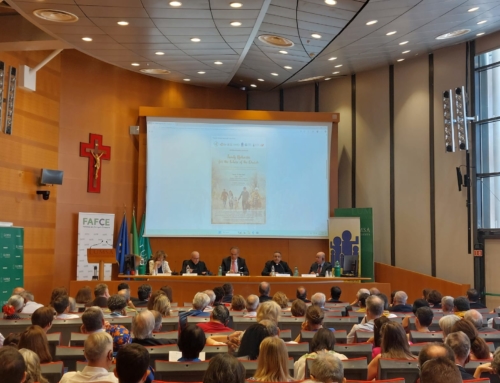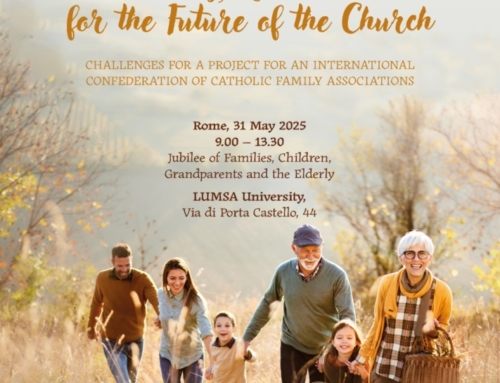Brussels, the 23rd of November 2023
FAFCE welcomes the conclusions adopted this week by the Council of the European Union on a long-term vision for the EU’s rural areas. These conclusions recognise the key contributions of rural areas to the economic strength of the EU, the green and digital transitions, and climate action. The complexity and diversity of rural areas also include many challenges that these areas are facing, such as population decline and aging, gender gaps, limited connectivity, underdeveloped infrastructure or a lack of adequate employment opportunities. In response to these diverse challenges, the Council calls for a holistic approach developed in cooperation with rural citizens, with the engagement of local and regional authorities and communities. The conclusions also recognise that demographic changes are having a negative impact on rural areas, leading to depopulation. Ministers therefore call for solutions aimed at attracting young people to rural areas. The Council calls on the Commission to consider developing the vision into a fully-fledged EU rural strategy and encourages member states to further engage in the Rural Pact and develop strategies at national, regional and local level for the benefit of rural areas.
In June 2021, the Commission published its long-awaited communication entitled Long-Term Vision for Rural Areas, aimed at creating stronger, connected, resilient, and prosperous rural communities by 2040. Since 2019, for the first time in its history, the European Commission has directly addressed the topic of depopulation in Europe, in the person of Dubravka Šuica, the Vice-President for Democracy and Demography, who is also responsible for coordinating work on the effects of demographic change on connectedness and access to services. The document—formally a communication to the European Parliament, the Council of the European Union, the Economic and Social Committee, and the Committee of the Regions — coordinated the actions of the EU institutions towards revitalising rural areas, connected to the green and digital transitions, sustainable development, and family policies. The communication set out the challenges and concerns the rural areas are facing and highlighted some of the opportunities available to them. The EU Rural Action Plan and the Rural Pact then set out actions and tools to achieve the goals of the vision.
At the time of the presentation of this Communication, FAFCE noted: “This is an important first step in taking action on revitalizing rural areas. In this same direction, FAFCE is developing a study of rural areas to complement the Commission’s research and call attention to further opportunities for unleashing the potential of the EU’s rural areas through family policies. These include the importance of families for demographic growth, the use of higher education as a means of retaining youth, and the need for economic diversification as a safeguard against economic downturns and the pressure it puts on families to leave in search of work.”
On July 29th, 2021, the Federation of Catholic Family Associations in Europe (FAFCE) and the Fundación Madrina published a joint reflection paper entitled “Family Associations: The Missing Ingredient in Rural Revitalisation”. Vincenzo Bassi, President of FAFCE, underlined that “it is essential to look to reality: the community is a family of families. And the market only arises from the community”.








